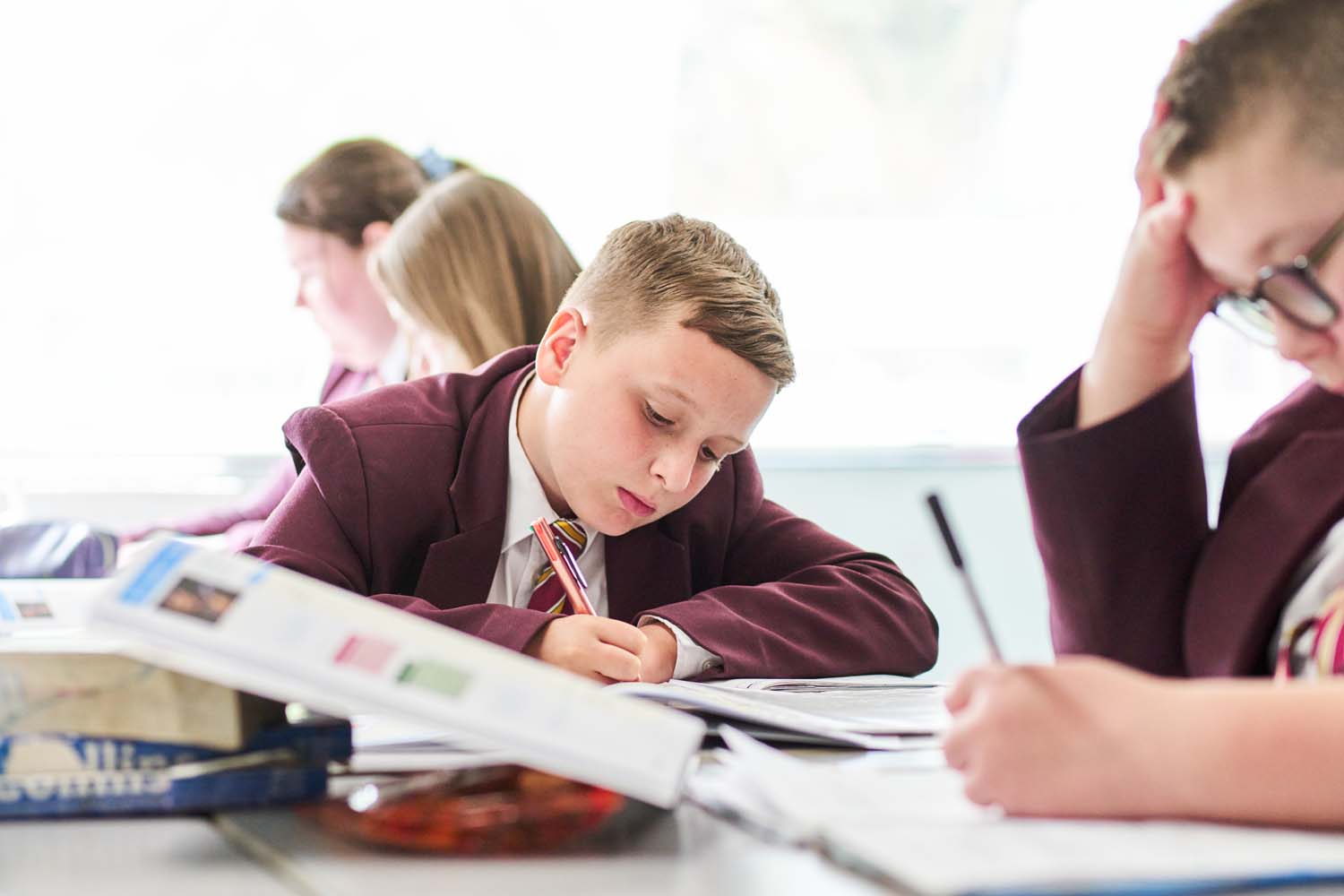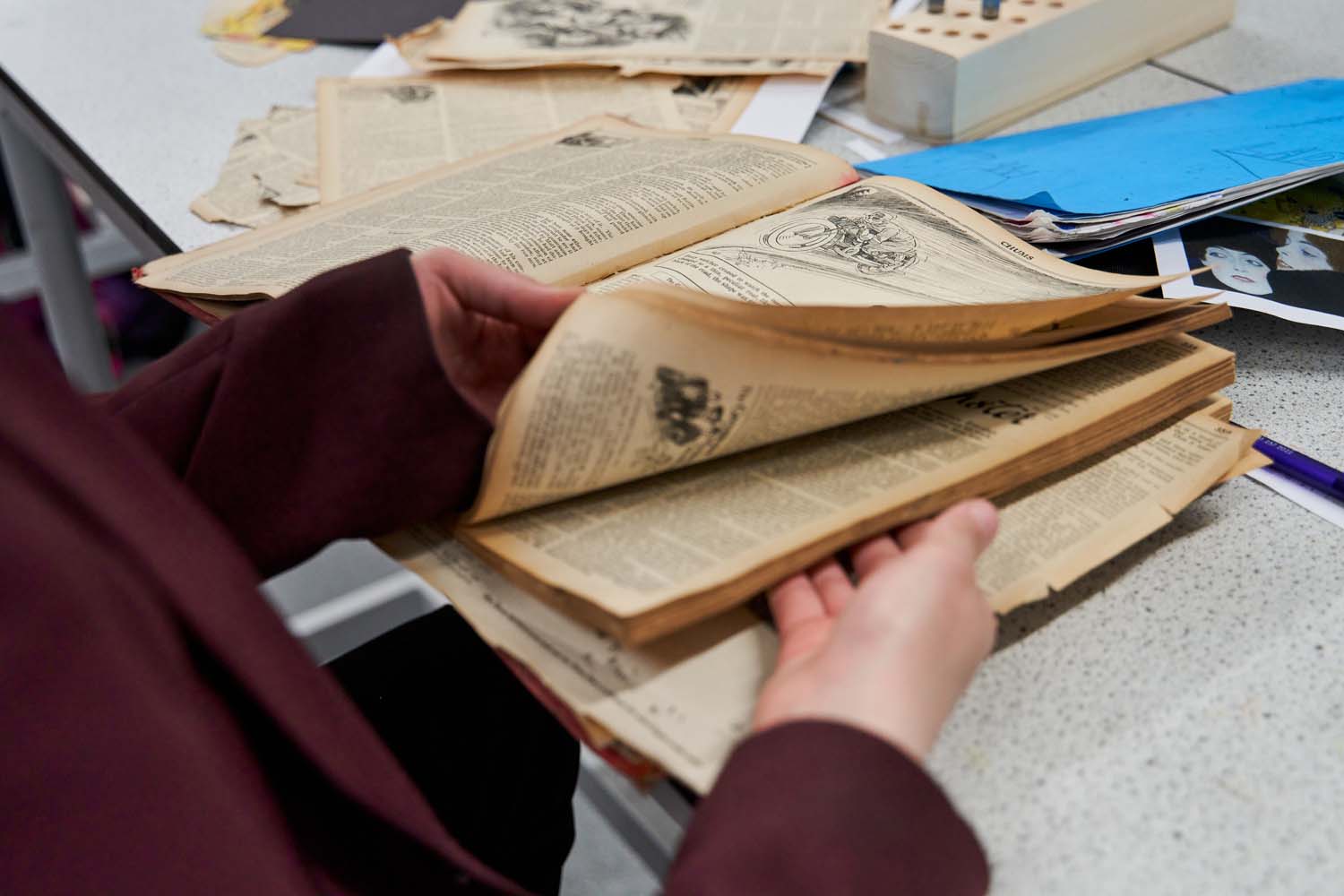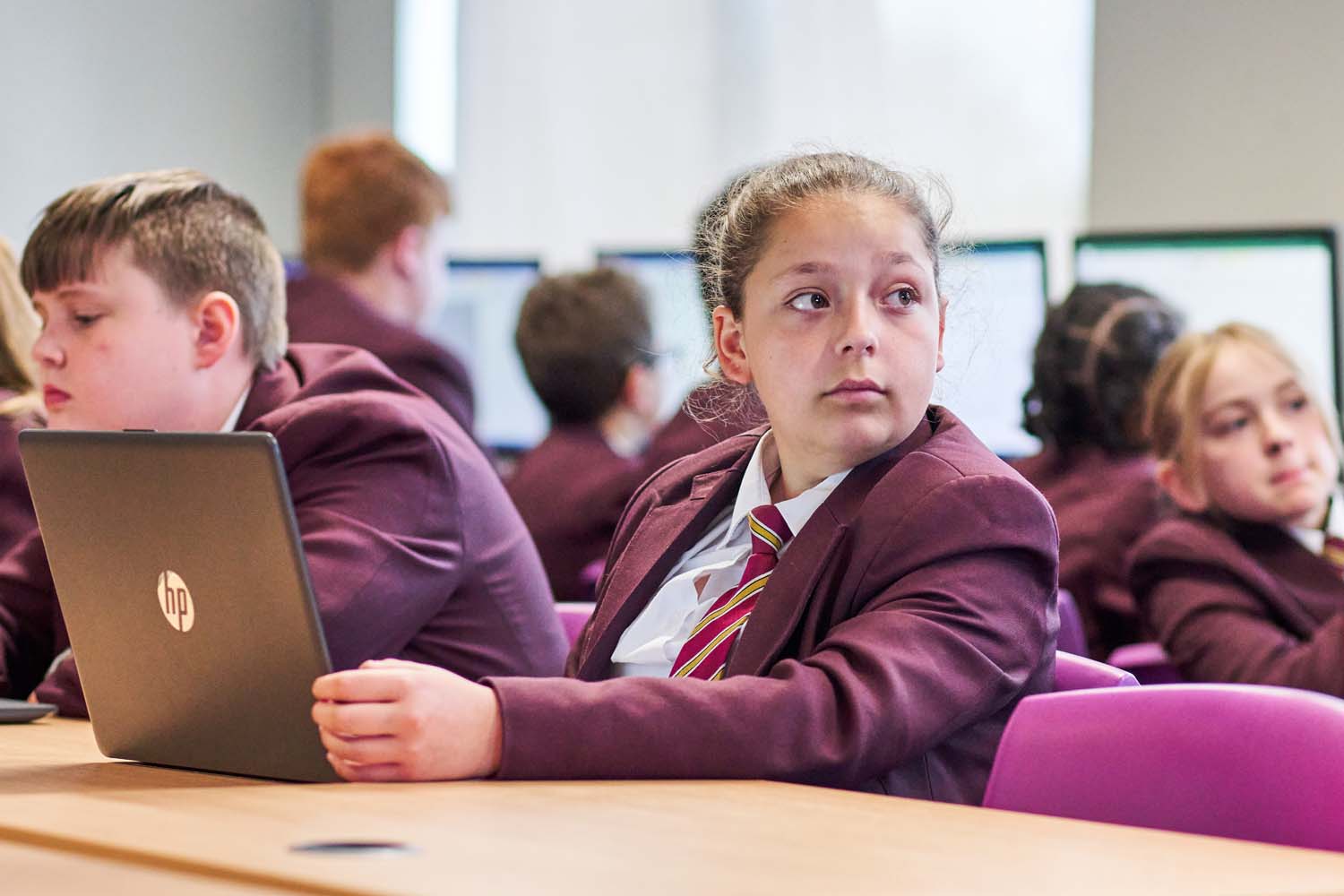Some students will require specific and intensive support in reading, either via systematic synthetic phonics or reading comprehension strategies. Other readers will benefit from a consistency of approach from their teachers which allows them to access new content and all will benefit from strategies which increase independence. Furthermore, we aim to develop a love of reading in all our students.

We believe that the driving force to unlocking the full curriculum is reading. At St Cuthbert’s Catholic High School reading will be prioritised to allow students to access the full curriculum offer. Through reading, in particular, children have a chance to develop culturally, emotionally, intellectually, socially and spiritually. We recognise that literacy skills are general and subject specific. Staff professional development emphasises supporting teachers of every subject to teach students how to read, write and communicate effectively. There will be a finer focus on ‘disciplinary literacy’ as an approach to improving literacy across the curriculum. Furthermore, it is understood that secondary teachers should have a deeper understanding of the teaching of reading through the primary years, including the teaching of phonics.
We recognise that literacy skills are general and subject specific. Staff professional development emphasises supporting teachers of every subject to teach students how to read, write and communicate effectively. There will be a finer focus on ‘disciplinary literacy’ as an approach to improving literacy across the curriculum. Furthermore, it is understood that secondary teachers should have a deeper understanding of the teaching of reading through the primary years, including the teaching of phonics. Having robust systems for collecting data around reading, conducting forensic analysis, implementing targeted interventions and reviewing the impact of these.
Training for school staff (and learners and parents) will emphasise the importance of ‘Living Literacy’ and address general literacy skills such as technical accuracy. The school will continue in its practice of auditing existing literacy practices and staff confidence and competence. There will be a more rigorous follow up of targeted training in response to need. Implementation is most likely to be impactful when there is an emphasis on disciplinary literacy which makes clear that every teacher communicates their subject through academic language, and that reading, writing, speaking and listening are at the heart of knowing and doing Science, Art, History, and every other subject in secondary school. Collaborative time will be given to staff in departments to ensure training related to literacy.

Whole school approaches to literacy are established as part of the literacy strategy across the school. The key strategies stated below are expected of all staff when teaching:
